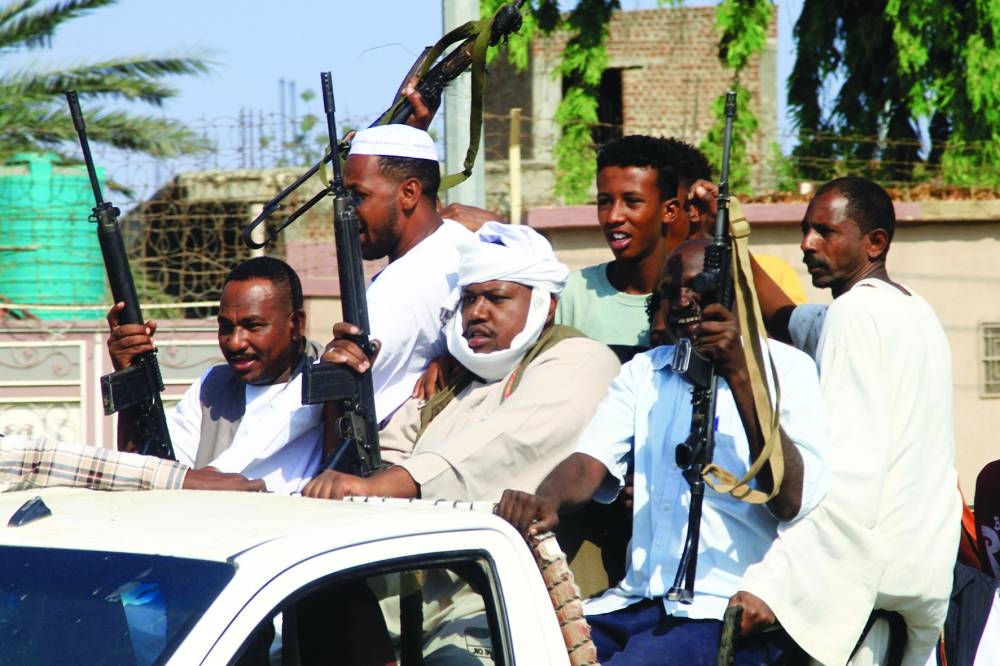January 15 marked nine months since the war started in Sudan, and fighting is still going on and spreading particularly in the states of Khartoum, Darfur, Aljazeera and Kordofan. The suffering of civilians is increasing owing to food crisis, scarcity of clean water, disrupted electricity service, and collapse of 70% of hospital and healthcare services.
Doctors without Borders and Care International have warned of a “catastrophic failure to meet rising medical needs.”
Random and deliberate killing of civilians is rising, with estimates of death toll reaching 15,000 in regions affected by war. The shelling of residential areas, transport stations, and marketplaces has repeatedly resulted in the loss of civilian lives and the destruction of families’ homes.
The recent invasion by the Rapid Support Forces (RSF) of Aljazeera state marked another serious development in the war between Sudan Armed Forces (SAF) and RSF. The strategic significance of Aljazeera has been corroborated by geographic location between the two Niles, its capital Madani as the second largest city after Khartoum, and it also comprises Aljazeera Agriculture Project, the largest single agriculture unit in Africa established by the British to produce cotton for the textile industry in Lancashire and Manchester - with some similarity to potatoes growing schemes in Northern Ireland. The state is also known as the ‘Middle Region’ and inhabited by mixed tribes from all over the country.
Following the offensive on Aljazeera, civilians are leaving the neighbouring state of Sinnar in their thousands, fearing imminent attack by RSF forces. Sinnar also borders the states of Kordofan and White Nile. Another vulnerable state is Gaddarif between Madani and Kassala towards the eastern parts of the country and on the border with Ethiopia. However, the RSF is expected to face tougher resistance in River Nile and Northern states, as well as the Red Sea state and the city of Port Sudan.
In South Kordofan, the SPLM/N forces of Abdulaziz Alhiu moved into the strategic city of Dilling, and when RSF forces attacked the city SPLM/N united with the Sudan army in defending Dilling and succeeded in thwarting Hemedti forces’ attempt to take the city. RSF has earlier occupied the rich agricultural district of Habila, 45km from Dilling.
The UN Security Council last week expressed alarm at the spreading violence and deteriorating humanitarian situation in Sudan, condemning the reported attacks against civilians, and the expansion of fighting into areas hosting large populations of internally displaced persons, refugees and asylum seekers.
Mediators are making intensive connections in an attempt to bring warring parties back to the negotiating table and resume talks. The Jeddah initiative and the African Union aim at achieving a ceasefire agreement and securing safe corridors for humanitarian assistance. However, all eyes are fixed this week on the IGAD’s meetings in Entebbe, Uganda, where the subregional organisation has invited General Burhan and General Hemedti for an urgent session. The UN Secretary-General’s Personal Envoy to Sudan, Ramtane Lamamra of Algeria, has arrived in Sudan on Saturday and met with officials and civilian groups in Port Sudan. Lamamra has previously assumed the position of African Union Commissioner for Peace and Security.

Members of the Sudanese armed popular resistance, which supports the army, raise their weapons on a pick up truck during a meeting with the city’s governor in Gedaref on Tuesday amid the ongoing conflict in Sudan between the army and paramilitaries. (AFP)
